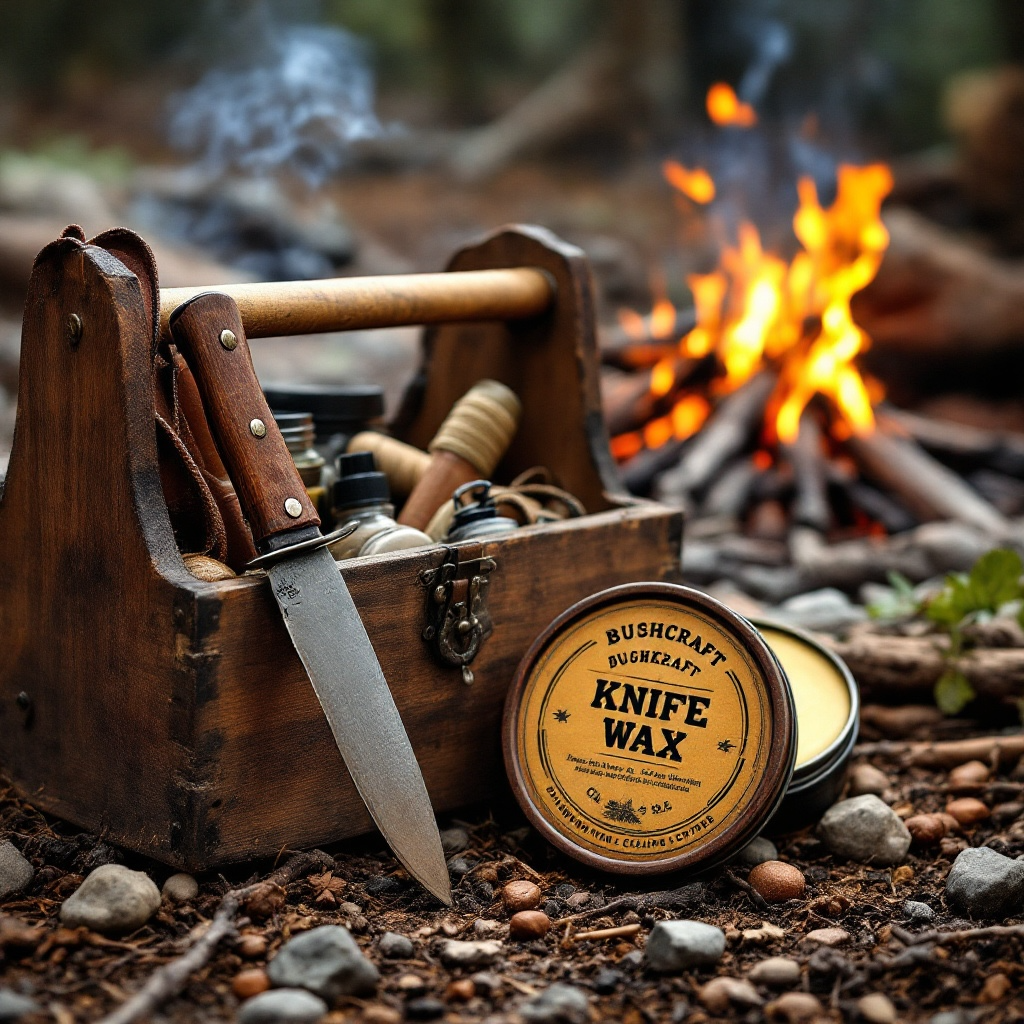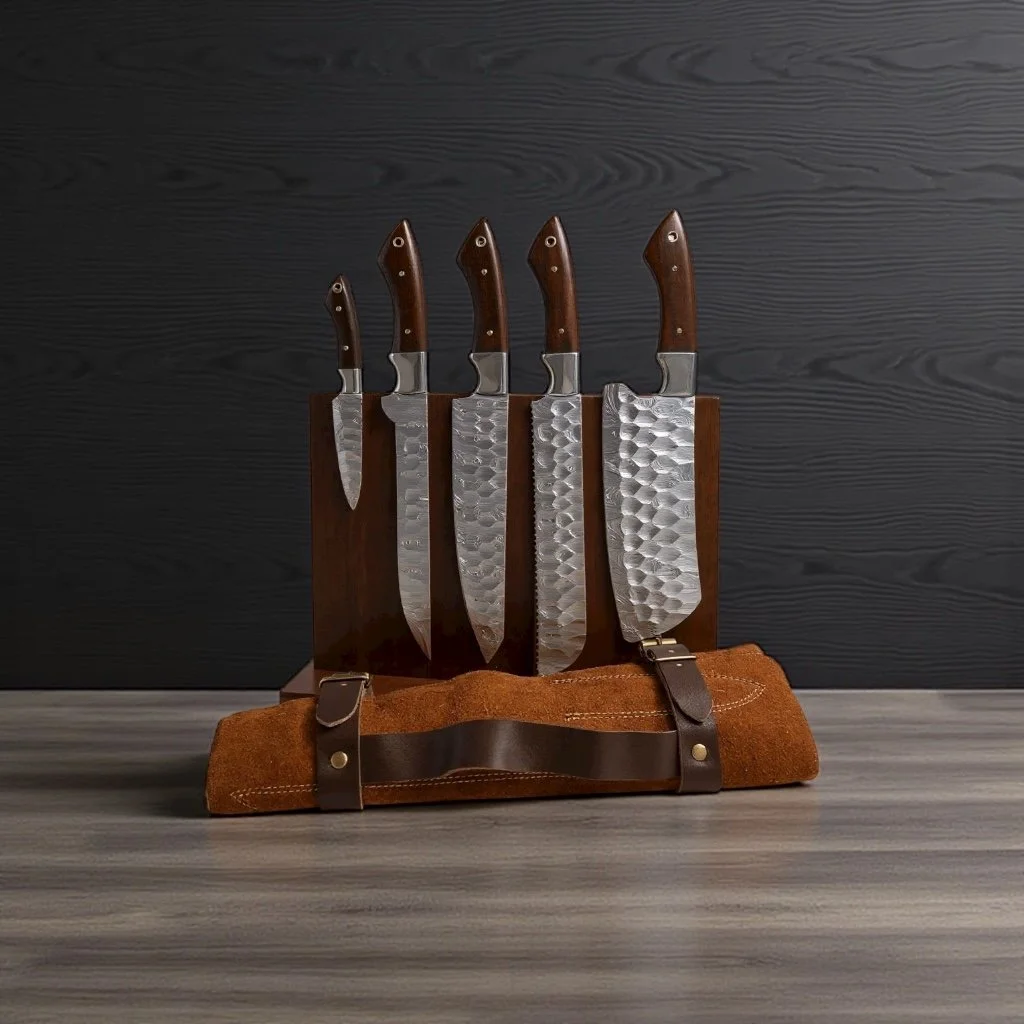DAMASCUS STEEL KNIFE CARE
-
Use it.
Using a Damascus steel knife is a remarkable experience, blending functionality with artistry.
The blade, renowned for its distinctive wavy patterns, glides effortlessly through ingredients, offering precision and control that elevate any cutting task.
Its razor-sharp edge, forged from layered steel, ensures clean slices, while the balanced weight provides a comfortable grip.
Whether chopping vegetables or carving meat, a Damascus knife transforms routine prep into a craft, its beauty matched only by its performance.
Proper care, like hand-washing and regular honing, keeps it pristine for years.
-
Clean & Dry it.
Caring for a Damascus steel knife ensures its longevity and performance. Its stunning, wavy-patterned blade requires mindful maintenance to preserve its edge and beauty. Here are key care tips:
Clean immediately: Hand-wash with mild soap and warm water after use; never soak or put in the dishwasher to prevent corrosion.
Dry thoroughly: Wipe completely dry with a soft cloth to avoid rust on the high-carbon steel.
Hone regularly: Use a honing rod weekly to maintain the edge; sharpen with a whetstone every few months.
Oil lightly: Apply a thin layer of food-safe mineral oil to the blade for storage to protect against moisture.
Store properly: Keep on a magnetic knife block or strip to prevent damage. With these steps, a Damascus knife remains a functional work of art.
-
Store it.
Storing a Damascus steel knife in dry conditions, such as on a wooden magnetic board or in a knife drawer, is crucial for preserving its integrity and beauty.
The high-carbon steel in Damascus blades is prone to rust and corrosion when exposed to moisture, which can mar the intricate, wavy patterns and dull the edge.
A wooden magnetic board keeps the knife elevated and secure, allowing air circulation to prevent moisture buildup, while a knife drawer with individual slots minimizes contact and humidity exposure.
Proper dry storage ensures the blade remains sharp, rust-free, and visually stunning for years.
If knife oxidizes, use a food safe oil, such as mineral oil, and a cloth to remove discoloration.



